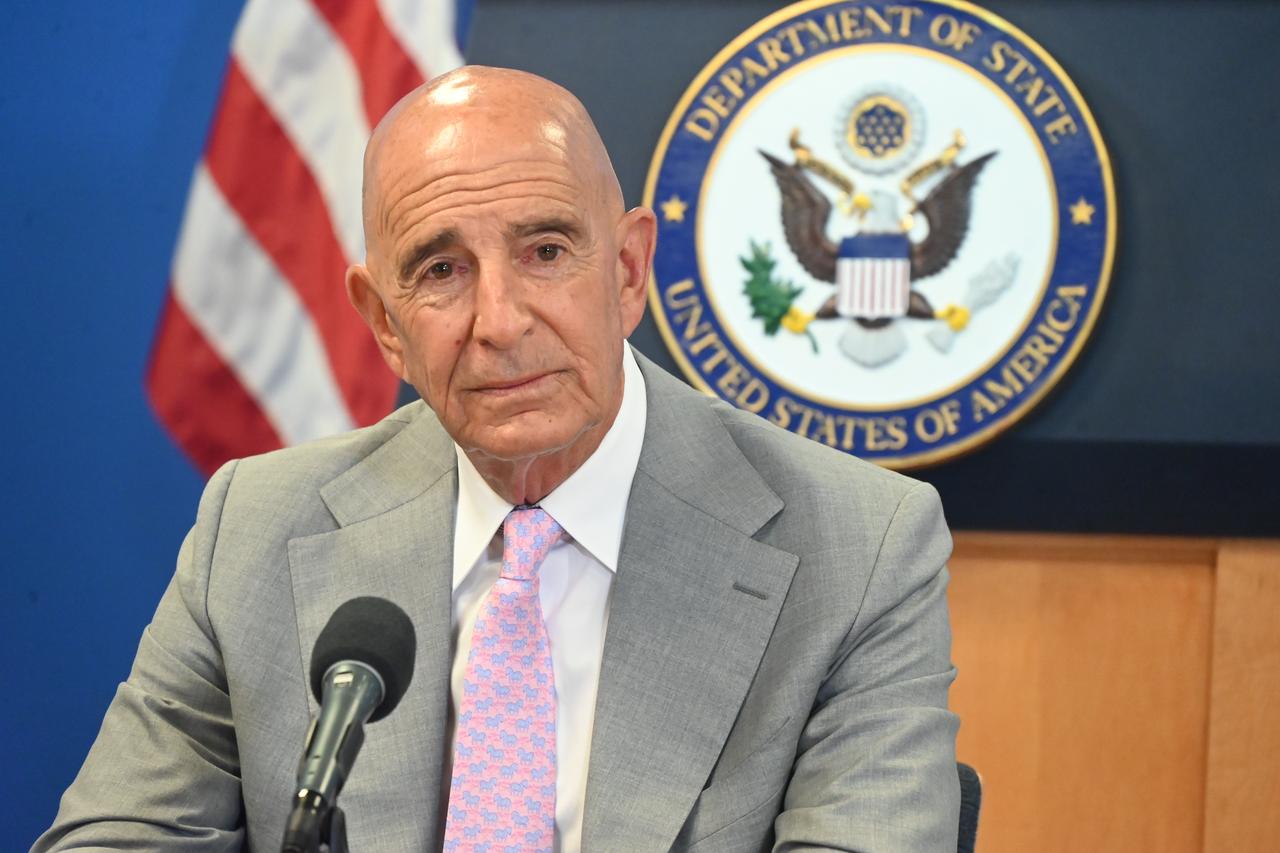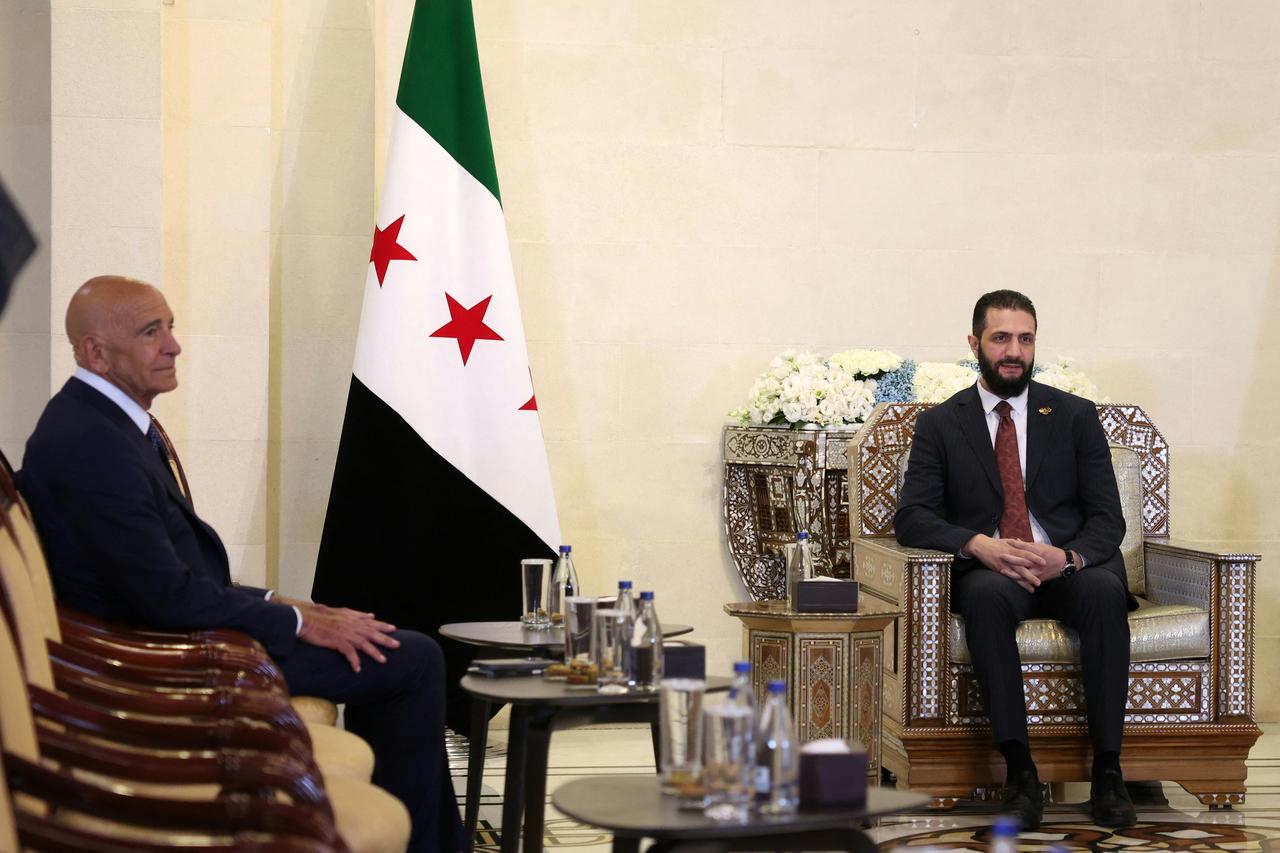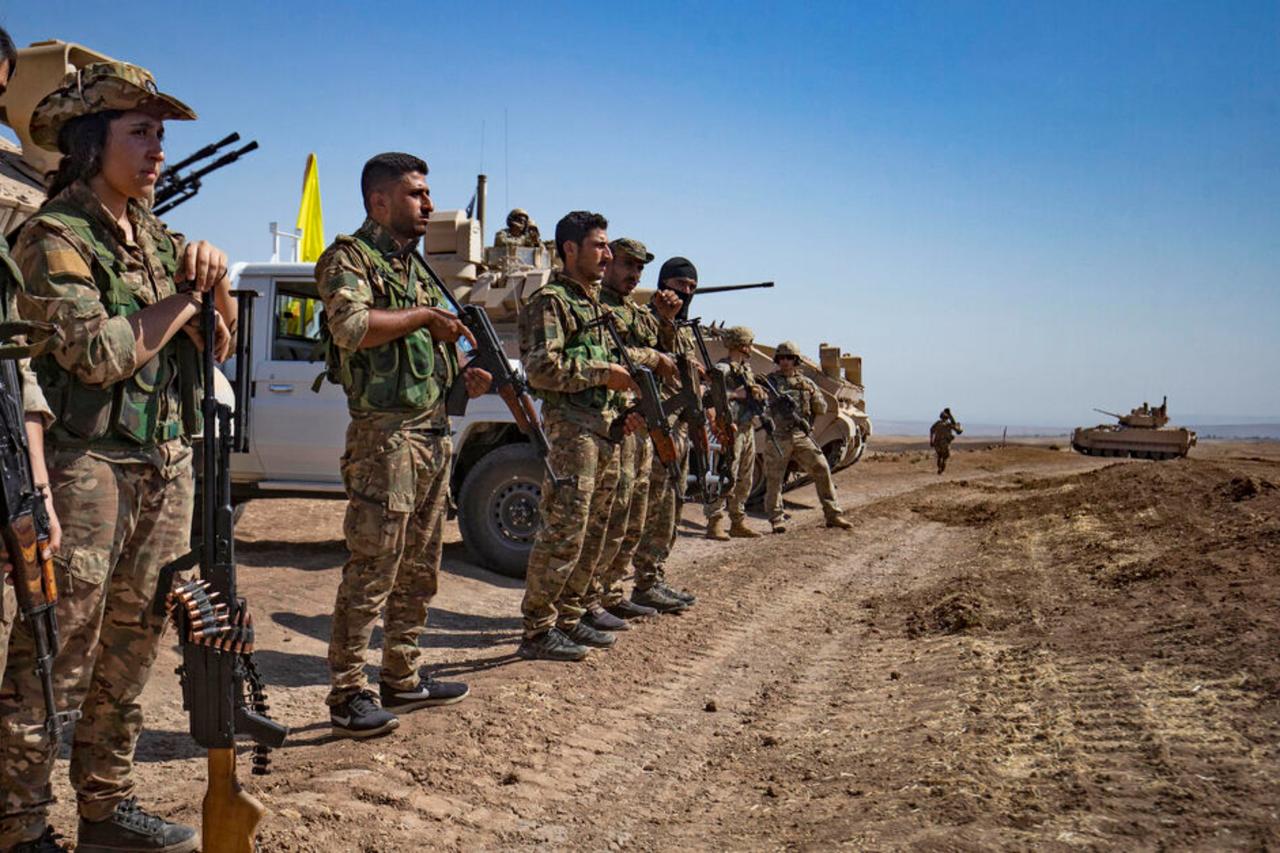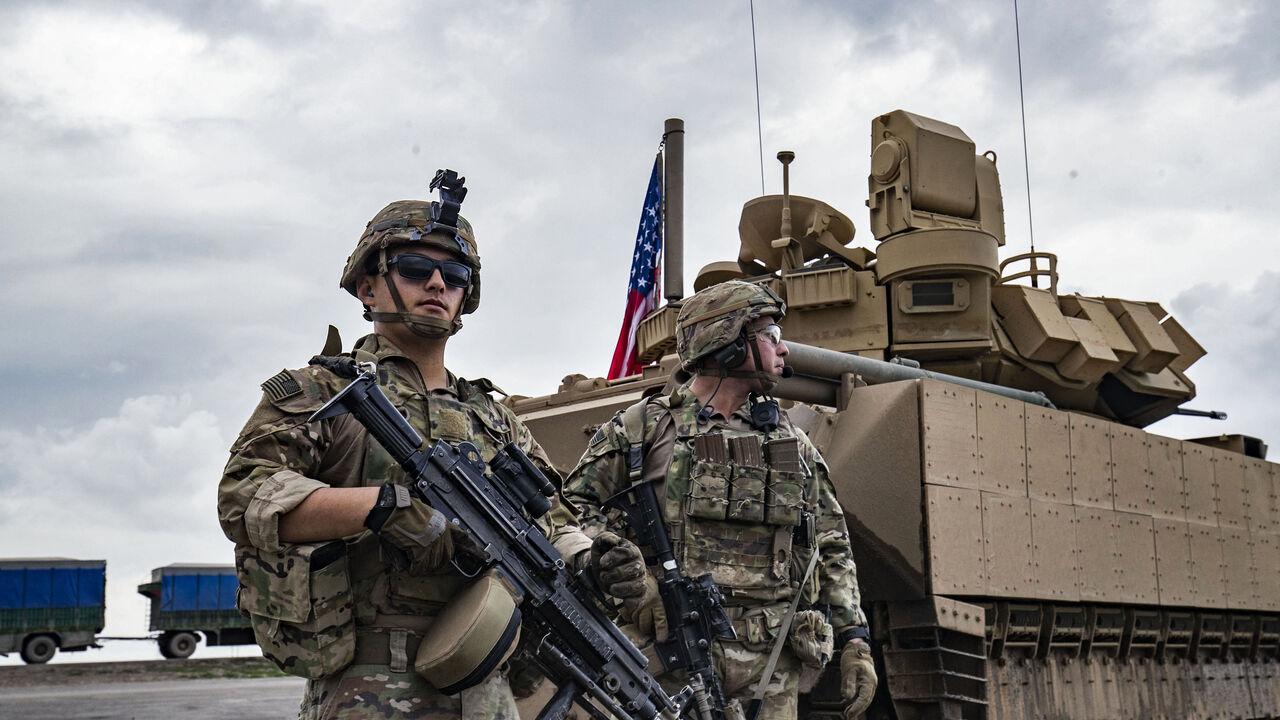
U.S. Ambassador to Türkiye and Special Representative for Syria Tom Barrack warned that the PKK/YPG terrorist group will face problems with the Turkish and Syrian governments if it does not act quickly on integration, telling Anadolu Agency that "If they want to come to America and live with us, they can do that."
Speaking to an AA correspondent following a press conference in New York, Barrack outlined the consequences facing the group operating as the SDF in Syria if it fails to integrate into the country's national framework.

Barrack clarified earlier comments regarding the relationship between the PKK, YPG, and the SDF, stating: "I never said the SDF is a derivative of the PKK. The YPG emerged from various factions of the PKK. The SDF, in turn, stemmed from various factions of the YPG."
His remarks came amid renewed scrutiny over the terrorist group PKK/YPG's role in northern Syria and its stalled talks with the Syrian government.
Commenting on the unsuccessful talks between the PKK/YPG operating under the banner of SDF and the Damascus administration, Barrack said the main issue is "whether they will align with the Syrian Arab Republic."
"One country, one nation, one army, determined by that nation, we now accept this. That's the issue," Barrack continued.
Barrack stated: "Forget where it came from, its characteristics. All these minority groups may want a federalist environment. That's not what's being imposed on them. This is not up to us. It's not up to us to referee intellectual debate. Is this right? Is this wrong? Do you want a parliamentary system? Do you want a republic? Do you want a confessional system? How will you blend and protect minority rights? All of us, especially the UN, say 'If you want our help, this is really important.' These are the conditions we want to see."
"We want to see what you will do with foreign fighters. Are you integrating them? Are you not? Are you sending them home, are you not?" he added.

Regarding the U.S. military presence in Syria, Barrack noted that the fight against the Daesh terrorist group continues: "We have a military presence in that region and we maintain this military presence. The aim is not to maintain this presence forever. While fighting Daesh and terrorism, we will decide to reduce the number of these forces over time."
"Just as the number of all forces should be reduced if an independent new Syrian government is established," he added.

Barrack also drew attention to risks in Syria's integration process, stating: "I think this is a transition period where adaptation has not been achieved for seven months and there are fears that past uncertainties will continue in the future. Will the Syrian government act fairly? But we are not there to force this. We are there to initiate this."
When asked what problems might arise if the PKK/YPG operating under the SDF name in Syria does not use time effectively in the integration process, Barrack responded: "The problems that will arise are that they will have disagreements with the Syrian government and the Turkish government."
"The U.S. government stated that it will examine all its problems and do its best to ensure a fair and correct decision is made. If they want to come to America and live with us, they can do this," he noted.
Barrack said the integration would take time due to lack of mutual trust between the Damascus administration and PKK/YPG, stating that "the agreement between the parties is not specific enough to make this situation workable."
The ambassador noted they are trying to clarify some details to reach an agreement, saying he believes the parties will reach an agreement and make "a beautiful marriage."
When asked whether local armed groups in Syria's Tanf region would be integrated into the Syrian army, similar to northern groups for which the Pentagon has requested budget allocation, Barrack replied: "Our thinking is not to maintain a permanent presence anywhere in the country. Our bases are also for defensive purposes."
Barrack noted that Syria needs extensive military presence "inside and outside," stating: "The logical thing to do is to integrate the SDF."